I am trying to write a code to conduct a double summation (see pic)

in which; M is the subjects, N is the Trials, Yijt is the measured wave form data (3d array)
so far I have; Given Y is the data arranged as Y[subjects, trials, time]
# ranges:
I = len(Y)
J = len(Y[0])
Y_i_vals = 0
for i in range(M):
for j in range(N):
Y_i_vals = Y_i_vals +Y[i][j]
Yt = (1.0/(M*N)) * Y_i_vals
this doesnt seem the most effective way to do this, nor am i certain it is giving the correct result.